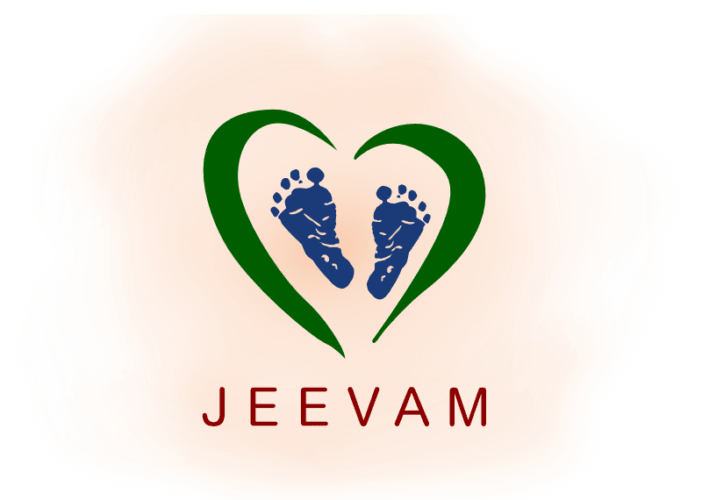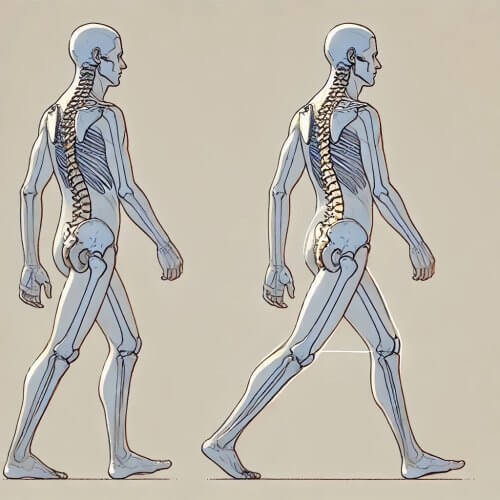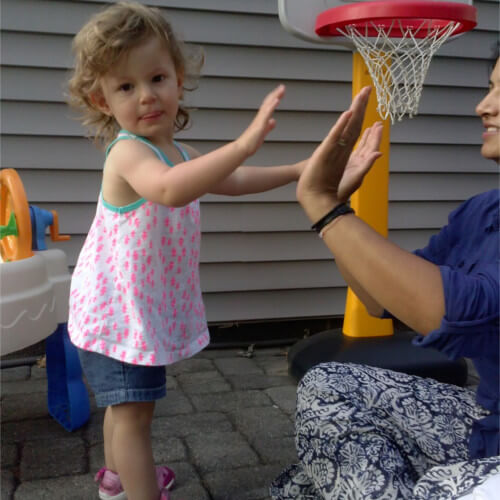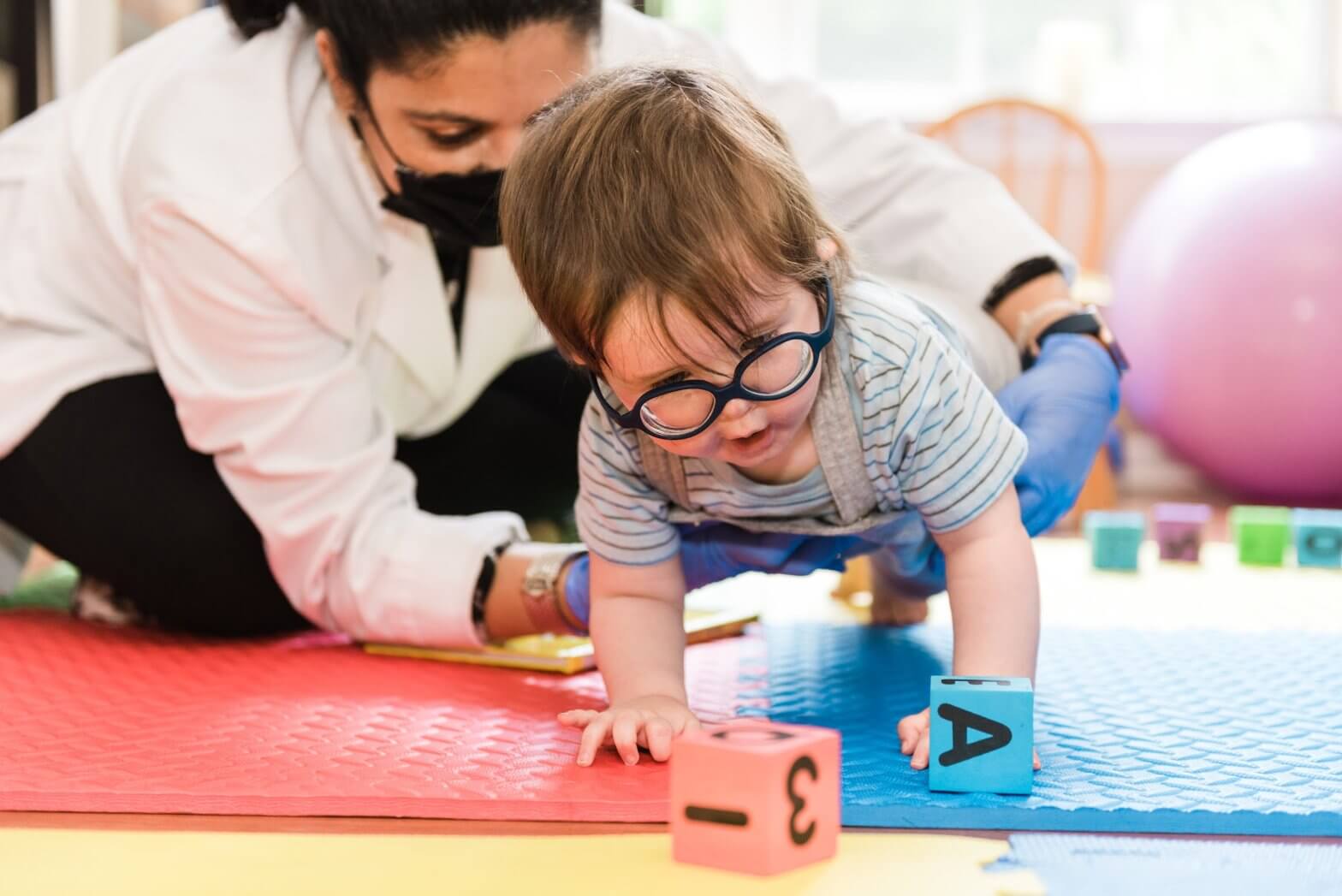For Physical Therapy Month, here’s a blog post celebrating World Spine Day, focused on scoliosis awareness, early detection, and non-surgical interventions for effective spine care.
Every year on October 16th, the global health community comes together to celebrate ‘World Spine Day’, an event dedicated to promoting spinal health, raising awareness about spinal disorders, and encouraging people to prioritize their spine care. Among the numerous spinal conditions highlighted on this day, scoliosis takes center stage due to its prevalence, complexity, and the profound impact it has on individuals of all ages, particularly children and adolescents.
What is Scoliosis?
Scoliosis is a three-dimensional spinal deformity characterized by an abnormal lateral curvature and TWIST of the spine, often forming an “S” or “C” shape. A true scoliosis is when there is vertebral wedging from which the twisting arises on the spine. While mild curves are common and may not cause significant problems. However if untreated it will cause chronic muscle imbalances causing chronic spasms and unknown fatigue that may cause pain in the future.
There are several types of scoliosis, including:
- Idiopathic scoliosis
- the most common form, with no known cause.The condition typically develops during the growth spurt just before puberty but can be present in adults as well due to degenerative changes in the spine
- Congenital scoliosis
- resulting from spinal abnormalities present at birth
- Neuromuscular scoliosis
- which occurs in individuals with conditions like cerebral palsy or muscular dystrophy and various chromosomal abnormalities, etc.
The Importance of Early Detection
One of the primary messages of World Spine Day is the importance of early detection and intervention for spinal conditions, particularly scoliosis. For children and adolescents, early diagnosis can significantly improve outcomes and potentially reduce the need for surgical interventions.
Routine scoliosis screening, especially in schools, has been a key strategy in many countries. By identifying abnormal curvatures early on, healthcare providers can monitor the condition and initiate treatments such as bracing or physical therapy to prevent further progression.
The Role of Non-Surgical Interventions
For mild to moderate scoliosis, non-surgical treatments such as 3 dimensional spine therapy offered at Schroth Therapy, a specialized physical therapy designed to address spinal asymmetries, can be highly effective. Schroth therapy emphasizes three-dimensional postural correction through customized exercises, breathing techniques, and muscle strengthening. Studies have shown that this method can improve spinal alignment, reduce pain, and enhance quality of life for scoliosis patients.
Exercise-Based Therapy called SEAS (scientific exercise approach to scoliosis) therapy is also a critical aspect of scoliosis management. Targeted exercises can help improve posture, flexibility, and core strength, which are essential for maintaining spinal health. These programs provide by Jeevam Therapy, focus on early intervention and functional treatments, offer holistic approaches that consider the individual needs of scoliosis patients.
Scoliosis in Adults: A Growing Concern
While scoliosis is often associated with adolescence, it’s essential to recognize that the condition can affect adults, too. Adult scoliosis can develop due to age-related degeneration of the spine, or it may progress from a curve initially diagnosed or undiagnosed in childhood. As people age, the spine’s ability to support the body diminishes, uneven loading of the bone and joints may cause unwanted degenerative changes leading to chronic DJD (degenerative joint disease) issues like pain, limited mobility, and compromised quality of life.
Adults with scoliosis benefit from comprehensive treatment plans that may include:
- Physical therapy to strengthen muscles and improve alignment.
- Pain management techniques such as myofascial therapy, thermo-therapy, stretching and strengthening exercises, deep tissue release with instrumental assisted soft tissue mobility (IASTM), and dry needling.
- Surgical options for severe cases where non-invasive methods are not enough to help pain relief.
Promoting Spine Health for All
World Spine Day is an opportunity to remind everyone, from children to adults, of the importance of spinal health. Taking simple measures, such as maintaining good posture, engaging in regular physical activity, and avoiding prolonged sitting, can go a long way in preventing spinal problems.
For individuals with scoliosis, staying proactive about spine care through regular check-ups and consistent therapy is essential. Healthcare professionals like orthopedists, osteopaths, physical therapists and chiropractors play a vital role in guiding patients toward personalized treatment plans that promote long-term spinal health and function.
Conclusion
As we mark another World Spine Day during this Physical Therapy Month let’s remember the significance of raising awareness about scoliosis and the crucial role early intervention plays in managing this condition. Remember, we have one life and one spine. Whether it’s through screenings, innovative therapies like SSE, or comprehensive treatment plans for adults, the focus should always be on ensuring that everyone, regardless of age, has access to the care they need for a healthy spine.
For more information on scoliosis treatments and functional therapy approaches, visit SchrothNJ or Jeevam Therapy. Together, we can make spinal health a priority and improve the lives of those affected by scoliosis.
Contact our Metuchen and Paramus, NJ offices today and learn about the next steps for you with screening at our clinics for a nominal fee!




